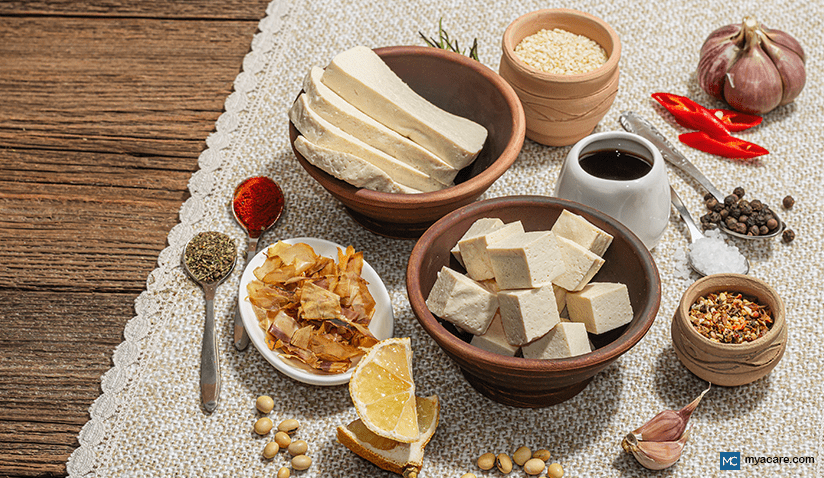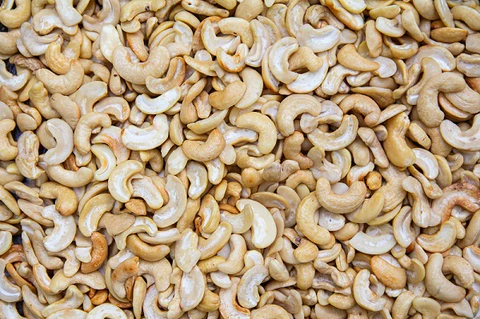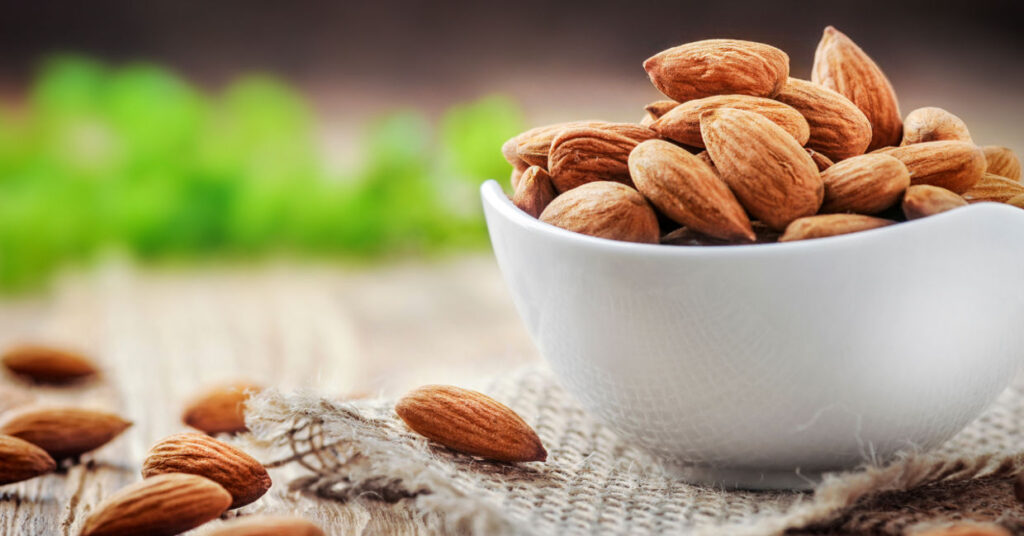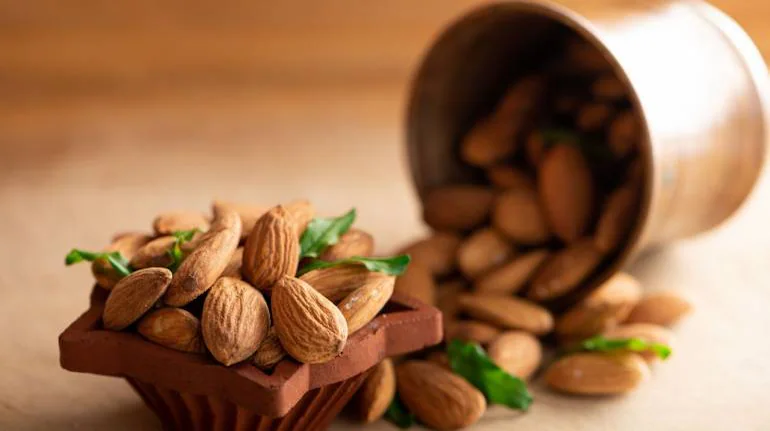When we think about calcium, the first thing that often comes to mind is dairy products like milk and cheese.
However, did you know that there are plenty of calcium-rich options among dry fruits? These delicious and nutritious snacks not only satisfy your cravings but also contribute significantly to your daily calcium intake.
In this article, we’ll explore seven dry fruits that are packed with calcium, making them a fantastic addition to your diet for stronger bones and overall health.

Why is Calcium Important for Your Health?
Before delving into the specifics of calcium-rich dry fruits, let’s understand why calcium is crucial for our bodies.
Calcium is a mineral essential for maintaining strong bones and teeth.
It also plays a role in muscle function, nerve transmission, and hormonal secretion.
Our bodies constantly need calcium, and getting enough through our diet is key to preventing osteoporosis and other bone-related issues later in life.
How Much Calcium Do You Need Daily?
The recommended daily intake of calcium varies by age and gender.
For adults, including pregnant and breastfeeding women, the general guideline is around 1000 milligrams per day.
As we age, our calcium needs may increase, particularly for women over 50 and men over 70, who may need up to 1200 milligrams per day.
Benefits of Getting Calcium from Dry Fruits
Getting calcium from dry fruits offers several benefits:
Convenience: Dry fruits are easy to store and carry, making them a convenient snack option.
Nutrient Density: They are packed with not just calcium but also other essential nutrients like fiber, vitamins, and antioxidants.
Versatility: Dry fruits can be added to a variety of dishes, from breakfast oats to salads and desserts, enhancing both flavor and nutrition.
Top 7 Calcium-Rich Dry Fruits
1. Almonds
Almonds are not only delicious but also one of the best sources of calcium among dry fruits.
Just a handful of almonds can provide a significant portion of your daily calcium needs.
They are also rich in healthy fats and vitamin E, making them a powerhouse of nutrition.
2. Figs
Figs are sweet and chewy fruits that are surprisingly rich in calcium.
They make a great natural snack and can be enjoyed fresh or dried.
Figs also provide dietary fiber and various essential minerals, making them a well-rounded choice for overall health.
3. Dates
Dates are not only high in natural sugars but also in calcium.
They are often used as natural sweeteners in desserts and smoothies.
Dates are also a good source of potassium and iron, making them a nutritious addition to your diet.
4. Apricots
Dried apricots are another excellent source of dietary calcium.
They are rich in fiber, vitamin A, and antioxidants, which contribute to healthy skin and immune function.
Apricots can be enjoyed on their own as a snack or added to salads and baked goods.
5. Prunes
Prunes, or dried plums, are well-known for their digestive benefits due to their high fiber content.
They are also surprisingly rich in calcium, making them a great choice for maintaining bone health.
Prunes are sweet and can be eaten on their own or added to various dishes for a natural sweetness.
6. Raisins
Raisins are dried grapes that are not only convenient but also nutritious.
They contain decent amounts of calcium along with other essential minerals like potassium and iron.
Raisins are often used in baking, cooking, or simply enjoyed as a quick energy-boosting snack.
7. Pistachios
Pistachios are not just tasty nuts but also a good source of calcium.
They are lower in fat compared to some other nuts and provide a satisfying crunch.
Pistachios are rich in protein and healthy fats, making them a nutritious addition to your diet.

Incorporating Calcium-Rich Dry Fruits into Your Diet
Now that you know about these seven calcium-rich dry fruits, how can you incorporate them into your daily diet?
As Snacks: Carry a small bag of mixed dry fruits for a quick and healthy snack.
In Breakfast: Add chopped dates or apricots to your morning oatmeal or yogurt.
In Salads: Sprinkle some chopped almonds or pistachios over your salad for added crunch and nutrition.
In Baking: Use raisins or chopped figs in baking recipes instead of sugary additives.
Conclusion
In conclusion, calcium-rich dry fruits offer a convenient and tasty way to boost your calcium intake naturally.
By incorporating almonds, figs, dates, apricots, prunes, raisins, and pistachios into your diet, you not only support your bone health but also enjoy the numerous other health benefits these fruits provide.
Whether eaten on their own or used in various recipes, these dry fruits can enhance both the flavor and nutritional value of your meals.

FAQs about Calcium-Rich Dry Fruits
1. Can I get enough calcium just from dry fruits?
While dry fruits are a good source of calcium, it’s important to include a variety of calcium-rich foods in your diet to meet your daily requirements.
2. Are there any side effects of eating too many dry fruits?
Eating excessive amounts of dry fruits can lead to weight gain due to their calorie density.
Moderation is key.
3. Can children benefit from eating calcium-rich dry fruits?
Yes, children can benefit from the nutritional value of dry fruits, including calcium, as part of a balanced diet.
4. Can I replace dairy products with dry fruits for calcium?
While dry fruits can supplement your calcium intake, dairy products also provide other essential nutrients like vitamin D and protein that are important for bone health.
5. How should dry fruits be stored to maintain their nutritional value?
Store dry fruits in a cool, dry place in airtight containers to preserve their flavor and nutritional content over time.
